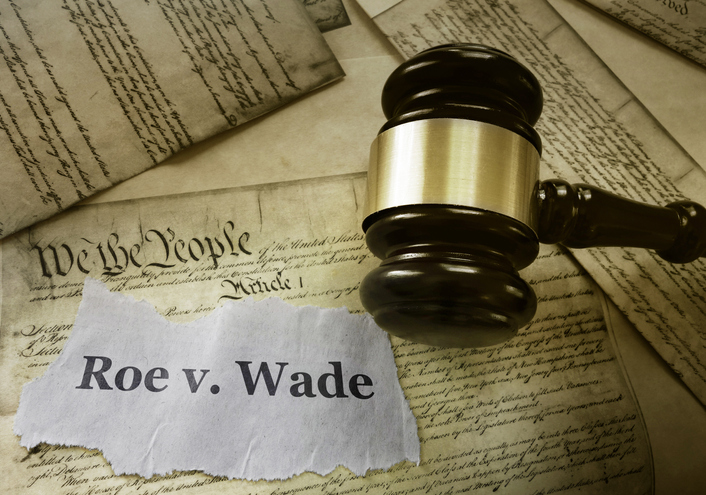On January 22, the Reproductive Health Act (RHA) became law in New York State, codifying the tenets of Roe v. Wade into state law, and placing abortion care in the public health code, where it belongs.
Equally important, the RHA guarantees an individual’s right to make her own personal health care decisions with a health care provider during her pregnancy, ensuring that medical decisions are in the hands of providers and patients — not politicians.
The broader truth is that abortion care is health care. With the passage of RHA, the state is leading the charge to destigmatize necessary health care for pregnant individuals who are dealing with real-life situations that happen in real time.
Unfortunately, in the short time since the RHA was passed, a great deal of misinformation about the law has been shared and we would like to explain what RHA really does.
RHA places abortion care in the public health code where it belongs, not in the criminal code, because abortion care is health care.
It also clarifies that trained health care professionals like physicians’ assistants and nurse practitioners, working within their scope of practice, can provide abortion care. Why the change? Because medical professionals such as physicians’ assistants and nurse practitioners did not exist nearly 50 years ago when New York State’s previous law was passed.
In addition, it ensures that New Yorkers can access the care they need during pregnancy when their life or health is in danger or if their pregnancy is not viable.
To be clear, the RHA prohibits a person who attacks a pregnant person resulting in the loss of the pregnancy from going unpunished, and the attacker can be charged with first degree assault. Moreover, the RHA bars “just any” medical professional to provide abortion care, and imposes civil and criminal penalties for medical providers who act outside their scope of practice.
The last two confirmations to the U.S. Supreme Court — Brett Kavanaugh and Neil Gorsuch — have made the future of Roe v. Wade uncertain. In response, the New York State legislature has acted decisively — and in alignment with the values of the majority of New Yorkers — to ensure that access to safe and legal abortion is secure in our state, and that New York State lives up to its reputation as a champion for reproductive rights.
JoAnn D. Smith is President & CEO, Planned Parenthood of Nassau County





























